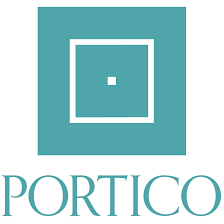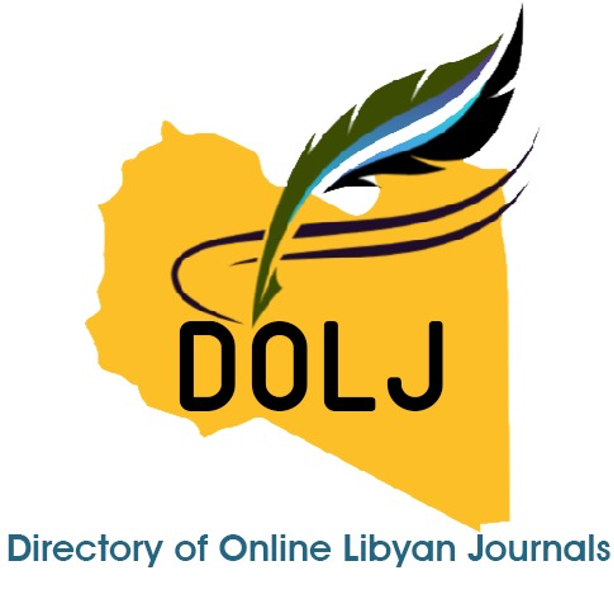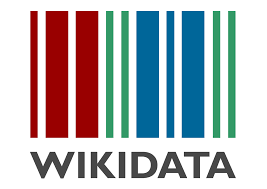Similarity and Citation Policy
The Journal of the Faculty of is committed to the highest standards of academic integrity and research originality. Citation is an essential tool in supporting scholarly arguments and referencing sources, but it must be used judiciously and in accordance with specific guidelines to maintain academic honesty and research quality.
- Similarity and Plagiarism Detection
All submitted manuscripts undergo similarity screening using Similarity Check, a service provided by Crossref, which utilizes the iThenticate software to detect content overlap and potential plagiarism. Manuscripts found to contain plagiarism or unoriginal content may be rejected or returned to authors for necessary revisions to ensure compliance with originality standards.
- Acceptable Citation Limits by Discipline
Citation thresholds vary according to academic disciplines:
- Social Sciences and Educational Fields (Psychology, Tourism and Archaeology, Education, Geography, Library Science, and GIS):
- Maximum allowable citation: 20% of the total manuscript.
- A balanced approach between citation and the author's original analysis is required.
- Humanities Fields (Languages and Literature, History, Philosophy):
- Due to the nature of these fields, a slightly higher citation limit is acceptable, up to 25% of the total manuscript.
- Original interpretation and scholarly contribution must be evident.
- Citation Usage Guidelines
- Manuscripts must prioritize original ideas and the researcher’s analytical contributions. Citations should be used only to support arguments or clarify core concepts.
- The stated citation limits include both direct and indirect (paraphrased) citations.
Direct quotations must not exceed 50% of the total allowed citation percentage. - In exceptional cases, the editorial board may approve a higher citation rate when justified by the research topic or methodology. Authors must submit a written request to the Editor-in-Chief explaining the scholarly need for extended citations.
Note: The journal maintains a separate, strict policy on plagiarism, available under the journal’s publishing Policies.
For the legal and ethical standards governing this policy, please refer to the journal’s general Publishing Policies.












